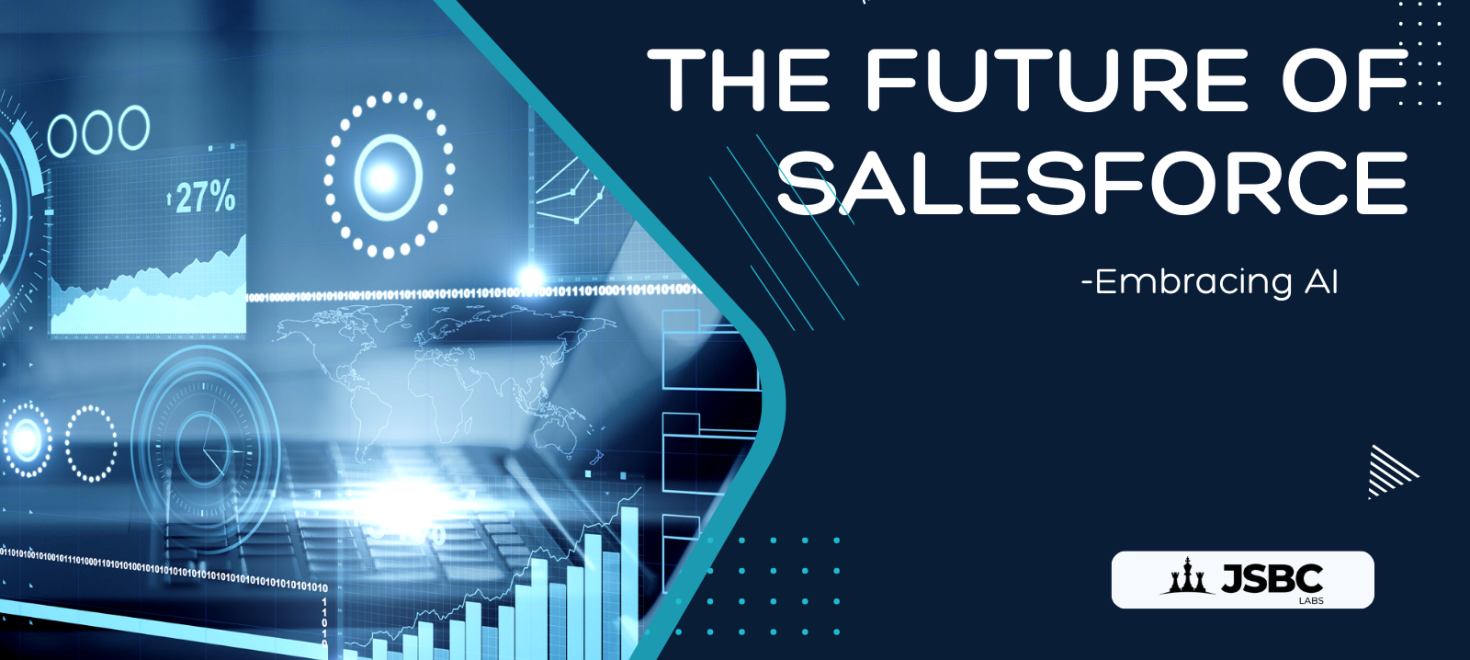Artificial Intelligence is revolutionizing industries across the board, and Salesforce is no exception. With tools like Einstein AI and advancements in automation, the role of Salesforce administrators is rapidly evolving. While artificial intelligence introduces efficiencies and new capabilities, it also brings challenges and requires admins to adapt to stay ahead in this dynamic landscape.
The Impact of AI on Salesforce Admin Roles
Salesforce administrators have traditionally been responsible for managing user permissions, configuring systems, creating reports, and troubleshooting issues. However, artificial intelligence is reshaping these responsibilities in several ways:
1. Enhanced Decision-Making with Predictive Analytics
Salesforce Einstein AI enables admins to deliver actionable insights through predictive analytics. This helps businesses forecast sales trends, identify customer behaviors, and optimize operations. Admins are now expected to understand how to implement and interpret these insights effectively.
2. Automation of Routine Tasks
AI-powered automation tools, like Einstein Automate, are taking over repetitive tasks such as data entry, workflow creation, and report generation. While this reduces the manual workload for admins, it also shifts their focus to more strategic responsibilities.
3. Improved Data Management
AI tools enhance data cleansing and enrichment processes. For example, Einstein Data Detect identifies anomalies and ensures data accuracy. Admins must now oversee these automated processes and ensure alignment with business goals.
4. Advanced User Support
AI-driven chatbots and virtual assistants, such as Einstein Bots, are transforming user support. Admins are tasked with setting up and maintaining these bots to deliver seamless user experiences.
Essential Skills for Salesforce Admins in the AI Era
To thrive in this evolving landscape, Salesforce admins need these key skills:
Adaptability: Stay agile and troubleshoot as artificial intelligence tools and features evolve.
AI & ML Basics: Foundational knowledge of AI and ML helps admins effectively implement AI tools without being data scientists.
Data Analysis: Interpret AI-generated data to identify trends and provide data-driven insights.
Change Management: Educate users, address concerns, and ensure smooth transitions during artificial intelligence adoption.
Cybersecurity: Safeguard sensitive data and ensure compliance with regulations like GDPR and CCPA.
Conclusion
Artificial Intelligence is transforming the Salesforce ecosystem, empowering admins to move beyond routine tasks and take on strategic roles. By embracing artificial intelligence-driven tools and acquiring essential skills, admins can position themselves as invaluable assets to their organizations. The future of Salesforce admin roles lies in continuous learning, adaptability, and leveraging Artificial Intelligence to drive business success.






Leave a Comment